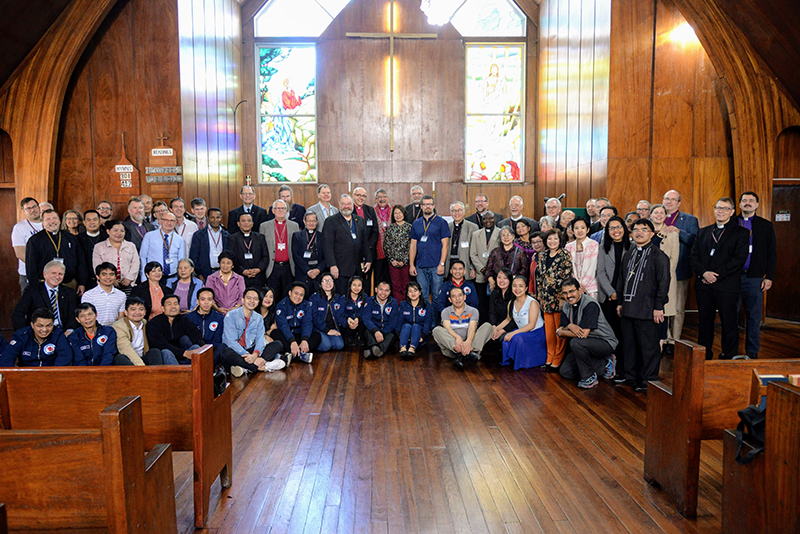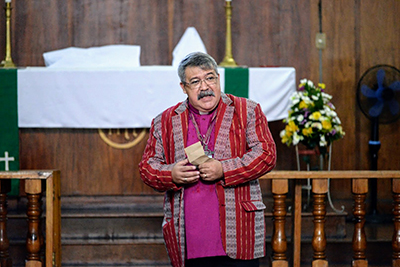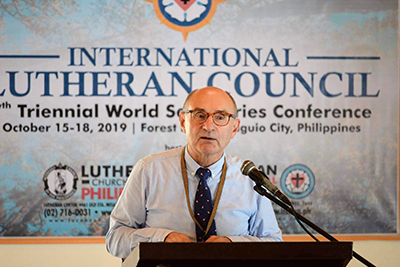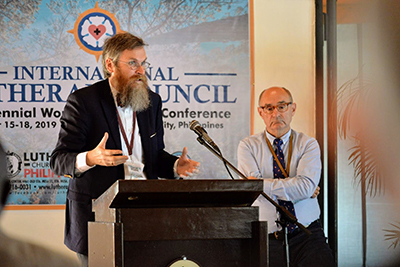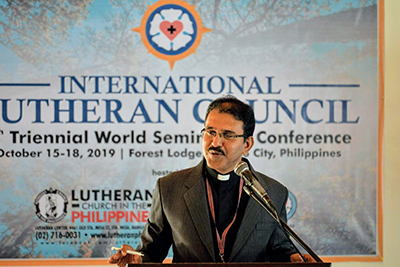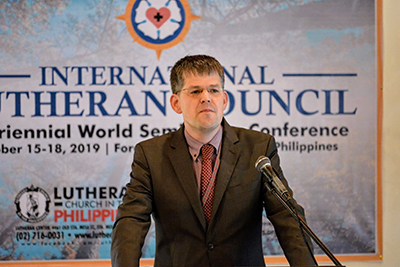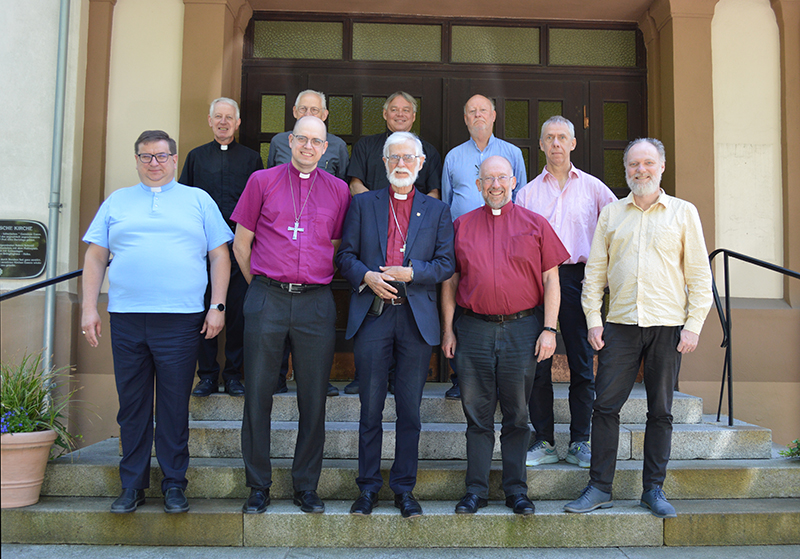
GERMANY – The European Region of the International Lutheran Council (ILC) held its 2023 Regional Conference from June 13-14 in Essen, Germany. Representatives from most member churches in the region were able to attend but work, visa issues, and deaths in the family prevented representatives from the Norwegian churches and from Siberia from being present.
The main topics for gathering were: the latest news from the churches; the situation in Ukraine and Russia, which led to a wider discussion of church life when one’s country is at war as well as questions around church relations when other churches are designated ‘friend’ or ‘foe’ because of the conflict; a review of the ILC’s 2022 World Conference in Kenya; a discussion of ecumenism in representatives’ respective countries, and whether member churches were finding themselves increasingly isolated or drawing together where possible with other church bodies; and reflection on the COVID-19 pandemic and how it has changed congregational and synodical lives, particularly noting what was not ‘changing back’.
The war in Ukraine has affected the region variously—some specifically (as in Russia) while for other churches it has raised past tensions and fears, with all churches, to varying degrees, seeking to support refugees. As always, there are opportunities presented about how to serve in specific situations, and sadly lots of hardship, but throughout the two days there was a strong confidence that Jesus never abandons His people. References were made to the Confession of Magdeburg (1550) and its four levels of tyranny, which the Ingrian Church was using in navigating a response to government. Members agreed that all need to keep reconciliation—the Gospel—in focus as churches deal with the many levels of hostilities and fears arising out of the situation, being aware that the effects of this war will be generational.
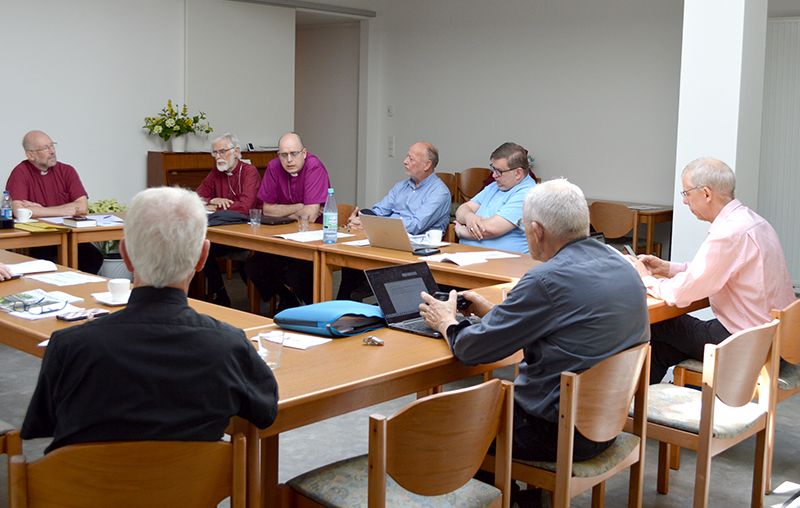
The pandemic may have come and gone yet ILC member churches in Europe are still “pandemic sensitive.’ Every church reported that some members have not returned to the Divine Service since the pandemic. Throughout Europe, churches’ response depended on governmental restrictions. As a result, there were differences among ILC churches in relation to the length of ‘lock outs’ from their church buildings, the number who could worship together, and how Holy Communion was celebrated. All churches continued to emphasise the importance of being together as much as possible, particularly at the Divine Service. Nevertheless, representatives recognized that online services are here to stay, as are online Bible Studies and even online church and synodical meetings. This is a new world, and everyone is still learning how to take the best of their pandemic response forward while also not forgetting those who do not use or have access to the internet.
Worship and fellowship at ILC events are always a rich time together. Throughout the 2023 ILC Europe Regional Conference, there was a particular focus on John 14-16 and Colossians. During the conference, Rev. George Samiec (Chairman of the Evangelical Lutheran Church of England and the European representative on the ILC’s Board of Directors) reminded everyone:
Christians do not relate to God via creation, worshipping an aspect of it to get close to God. Christians do not create God in their own image—a bigger, nicer (or not) version of themselves perhaps—out of their own intellect or from their hopes and fears. No, it is Jesus who reveals to us the intimacy of a personal relationship with God whom we can call ‘Father’—and assures us of reconciliation through His cross… always.
This is the reality at the heart of the Church… at the heart of our time together as church leaders. May this be a comfort and strength for us now, and may it be at the heart of each congregation of our synods: that Jesus hidden under words, water, bread and wine is giving life to His people so that they may live. Yes, we need organisational structures and bureaucracy, and they can be very visible and time-consuming. But hidden—always present and close—remains Jesus, and so in whatever we do admin-wise and churchwide-wise, may our goal always be pointing to Jesus and His cross who is among us. We are His people in this time and place. No one else is in our place; this is our time and place to live with Jesus and to share His grace and mercy with the world—that is, those around us.
And may the joy of the Lord be our strength.
The next European meeting of ILC member churches will take place online in September.
———————
From a report by ELCE Chairman George Samiec


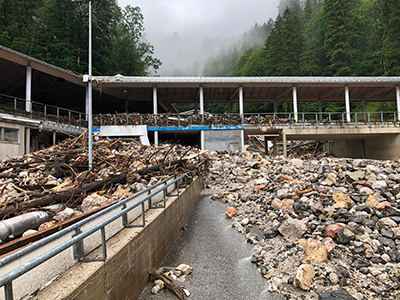
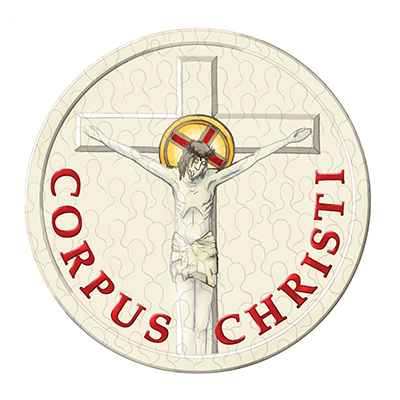 EUROPE – Corpus Christi will hold its annual conference virtually this year, gathering online from July 30-31, 2021.
EUROPE – Corpus Christi will hold its annual conference virtually this year, gathering online from July 30-31, 2021.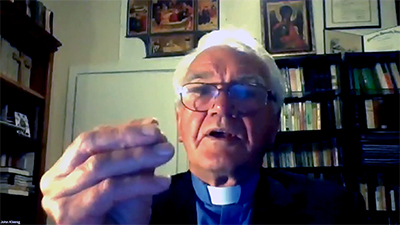
 WORLD – The International Lutheran Council (ILC) has announced updates to the representatives for the Latin American and European World Regions.
WORLD – The International Lutheran Council (ILC) has announced updates to the representatives for the Latin American and European World Regions.